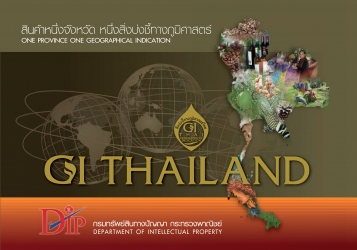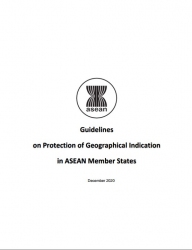
Author : Krikorian, Gaëlle; Kapczynski, Amy
Publishing Date : Mar 20, 2023
A movement emerges to challenge the tightening of intellectual property law around the world.At the end of the twentieth century, intellectual property rights collided with everyday life. Expansive copyright laws and digital rights management technologies sought to shut down new forms of copying and remixing made possible by the Internet. International laws expanding patent rights threatened the lives of millions of people around the world living with HIV/AIDS by limiting their access to cheap generic medicines. For decades, governments have tightened the grip of intellectual property law at the bidding of information industries; but recently, groups have emerged around the world to challenge this wave of enclosure with a new counter-politics of “access to knowledge” or “A2K.” They include software programmers who took to the streets to defeat software patents in Europe, AIDS activists who forced multinational pharmaceutical companies to permit copies of their medicines to be sold in poor countries, subsistence farmers defending their rights to food security or access to agricultural biotechnology, and college students who created a new “free culture” movement to defend the digital commons. Access to Knowledge in the Age of Intellectual Property maps this emerging field of activism as a series of historical moments, strategies, and concepts. It gathers some of the most important thinkers and advocates in the field to make the stakes and strategies at play in this new domain visible and the terms of intellectual property law intelligible in their political implications around the world. A Creative Commons edition of this work will be freely available online.
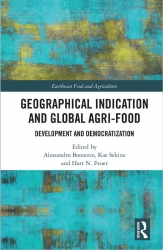
Author : Alessandro Bonanno, Kae Sekine, Hart N. Feuer
Publishing Date : Jun 25, 2019
This book addresses the relevance of geographical indication (GI) as a tool for local and socio-economic development and democratization of agri-food, with case studies from Asia, Europe and the Americas.
A geographical indication is a sign used on products that have a specific geographical origin and possess qualities or a reputation that are due to that origin. It provides not only a way for businesses to leverage the value of their geographically unique products, but also to inform and attract consumers. A highly contested topic, GI is praised as a tool for the revitalization of agricultural communities, while also criticized for being an instrument exploited by global corporate forces to promote their interests. There are concerns that the promotion of GI may hamper the establishment of democratic forms of development. The contributing authors address this topic by offering theoretically informed investigations of GI from around the world. The book includes case studies ranging from green tea in Japan, olive oil in Turkey and dried fish in Norway, to French wine and Mexican Mezcal. It also places GI in the broader context of the evolution and trends of agri-food under neoliberal globalization.
The book will be of interest to researchers, policy makers and students in agri-food studies, sociology of food and agriculture, geography, agricultural and rural economics, environmental and intellectual property law, and social development.
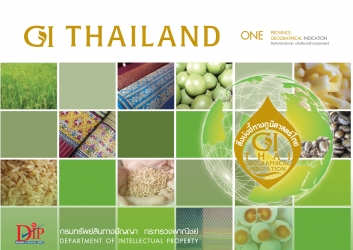
Author : กรมทรัพย์สินทางปัญญา
Publishing Date : Jan 15, 2018
สินค้าหนึ่งจังหวัด หนึ่งสิ่งบ่งชี้ทางภูมิศาสตร์
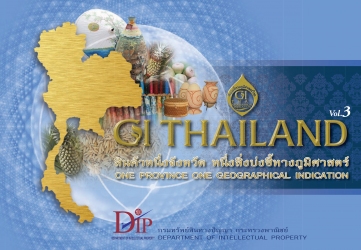
Author : กรมทรัพย์สินทางปัญญา
Publishing Date : Jan 15, 2018
สินค้าหนึ่งจังหวัด หนึ่งสิ่งบ่งชี้ทางภูมิศาสตร์
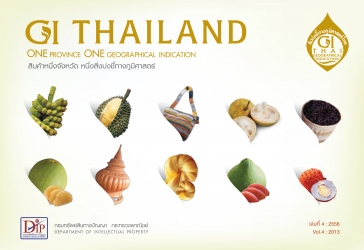
Author : กรมทรัพย์สินทางปัญญา
Publishing Date : Jan 15, 2018
สินค้าหนึ่งจังหวัด หนึ่งสิ่งบ่งชี้ทางภูมิศาสตร์
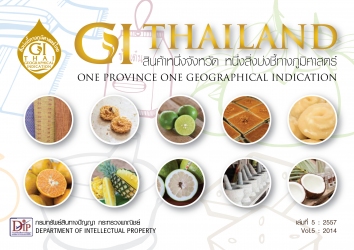
Author : กรมทรัพย์สินทางปัญญา
Publishing Date : Jan 15, 2018
สินค้าหนึ่งจังหวัด หนึ่งสิ่งบ่งชี้ทางภูมิศาสตร์
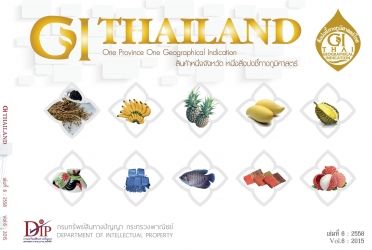
Author : กรมทรัพย์สินทางปัญญา
Publishing Date : Jan 15, 2018
สินค้าหนึ่งจังหวัด หนึ่งสิ่งบ่งชี้ทางภูมิศาสตร์
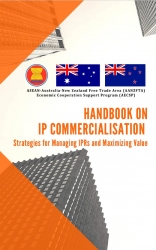
Author : The ASEAN Secretariat
Publishing Date : Mar 12, 2020
This Handbook is designed for business people of ASEAN Member States, Australia and New
Zealand.
In aid of understanding, some examples have been provided, but these are mere illustrations and do
not provide judgment and do not constitute commercial or legal advice. Views or conclusions may
have also been expressed but these should NOT be taken as legal or commercial advice. Any part of
the content of this publication (including images, graphics, trademarks or logos) is only intended for
informational and educational and educational purpose only.
The author and the ASEAN Secretariat have taken due diligence in the preparation of this
publication. However, they shall not be held liable for any omissions or inaccuracies in the content of
this publication. Neither the authors, the ASEAN Secretariat, Australian and New Zealand
Governments accept any liability for any claims, loss or expenses that may arise or arising from use
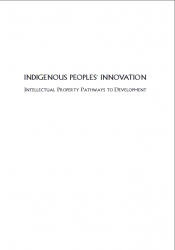
Author : Drahos, Peter; Frankel, Susy
Publishing Date : Mar 22, 2023
Traditional knowledge systems are also innovation systems. This book analyses the relationship between intellectual property and indigenous innovation.
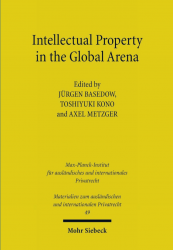
Author : Kono, Toshiyuki; Basedow, Jürgen; Metzger, Axel
Publishing Date : Mar 20, 2023
The private international law of intellectual property is currently much debated both in Europe and abroad. Art. 8 of the Rome II Regulation of 2007, which codifies a territorial approach for the infringement of intellectual property, has provoked an intensive discussion in Europe as to whether the lex loci protection is still appropriate for intellectual property litigation in the age of worldwide networks. A condensed outcome of this debate is summarized in the »Principles for Conflict of Laws in Intellectual Property« (CLIP Principles) drafted by the European Max Planck Group on Conflict of Laws in Intellectual Property (CLIP), published recently in a second preliminary draft. On the international scale, the American Law Institute's »Intellectual Property: Principles Governing Jurisdiction, Choice of Law, and Judgments in Transnational Disputes« of 2007 (ALI Principles) are the focal point of the debate. A Japanese project (»Transparency Proposal«) was finalized in 2009. This volume provides a comparative analysis of the three proposals. It compiles papers presented at an international conference held in Tokyo in May 2009.
123NextLast

